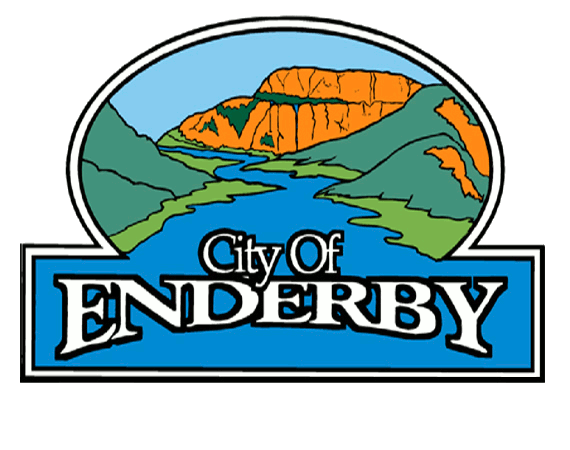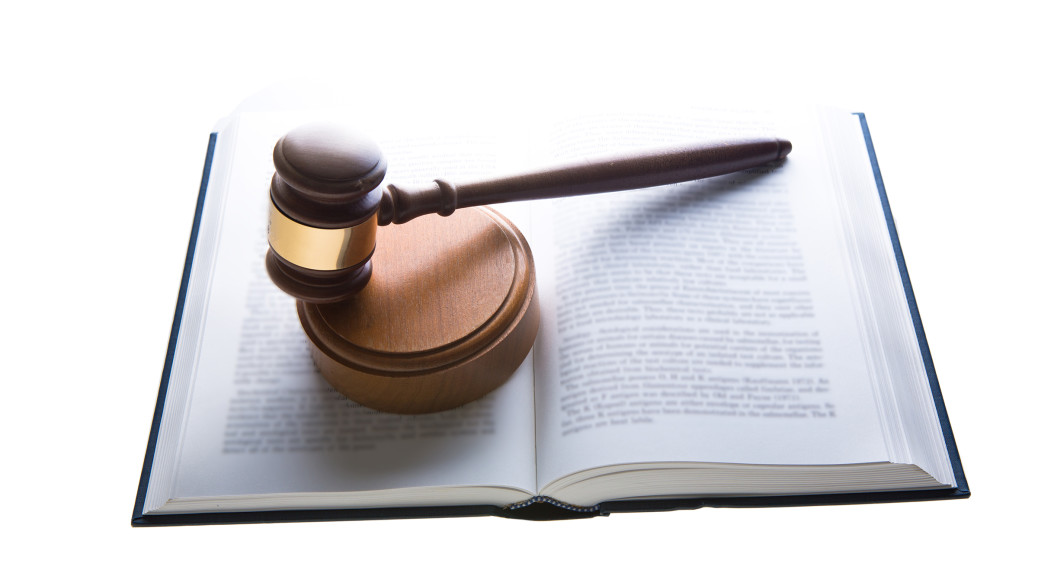Local residents involved in minor bylaw infractions can now take their disputes to an independent adjudicator – helping to save them time, money and stress – instead of going to court.
Mayor Greg McCune said that “It’s important for bylaws and related administration and enforcement to both be fair and be seen to be fair. The bylaw adjudication system furthers that sense of fairness by showing respect for disputants’ time and for the pocketbooks of all concerned. Just resolutions will still be the end result of disputes, but we’ll get there more quickly and save money along the way.”
By joining B.C.’s bylaw adjudication program, the City of Enderby has become one of more than 70 local governments contributing to more efficient use of provincial court resources by eliminating the roles of the court and court registries in administering and hearing these disputes.
Attorney General Suzanne Anton said that “Our bylaw adjudication system, which has been in use for more than a decade, is one way we have improved and streamlined access to justice. Taking minor disputes out of the courtroom not only means they can be dealt with quickly and efficiently it also reduces pressure on the courts and frees up their time to deal with more pressing matters.”
The program allows local governments to manage most bylaw violations at the local level, using screening officers and independent adjudicators instead of court resources. This approach saves both local and provincial taxpayers time and money. As well, citizens typically can choose to dispute in person, in writing or by phone.
Each jurisdiction determines which bylaws it would like included in the process. The City of Enderby plans to use the system to handle minor bylaw offences like parking ticket disputes and enforce minor zoning, property maintenance, animal control, traffic, business licence and anti-noise bylaws.
As part of a broader strategy to reform B.C.’s justice system, the Province is increasing the number of alternative ways to resolve disputes, when appropriate, without requiring individuals to use the courts. The alternatives help to reduce stress, shorten the time required to resolve disputes and ultimately cut costs for all parties.
Quick Facts
- It’s estimated that, since the system’s 2004 inception, it has provided for several thousand matters to be resolved and adjudicated outside the courts.
- The addition of Victoria and Enderby, both effective December 18, 2015, brings the number to 75 local governments using the bylaw adjudication system.
- On average, a dozen more local governments have joined the program in each of the past three years.
- The system can deal with minor bylaw infractions ranging from parking tickets and dog licensing to noise and minor zoning infractions; however, the penalty for the infraction must not exceed $500.
- Individual municipalities track the number of bylaws managed by the adjudication process, and have screening officers who attempt to resolve disputes before formal adjudication.
- The deputy attorney general appoints qualified, independent adjudicators to the system.
Last Updated on June 27, 2017.


